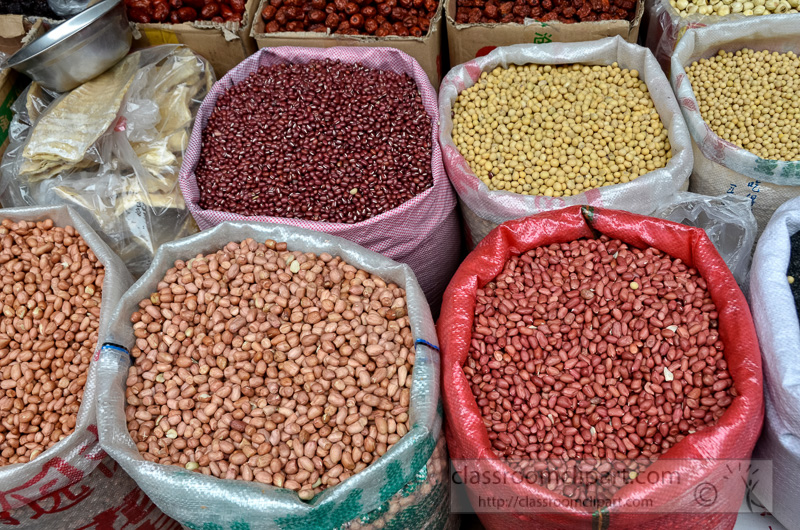Mohammed Ishiyaku, the executive director, Institute for Agricultural Research, IAR, has said Nigeria stands to gain N48 billion annually if one million hectares of the newly released Pod Borer Resistant, PBR, cowpea is grown.
The National Committee on Naming, Registration and Release of Crop Varieties in the country recently met in Ibadan and approved the PBR Cowpea for release to farmers after naming it SAMPEA 20-T.
Ishiyaku who spoke on Thursday, December 19, 2019, during a press briefing in Abuja said the newly released variety does not differ in any way from already existing cowpeas (beans) other than the improvements made.
He said both the on-station and on-farm trials demonstrated the superiority of SAMPEA 20-T relative to local, recently released cowpea varieties and improved breeding lines tested.
On the new cowpea variety, the acting director-general, National Biotechnology Development Agency, NABDA, Alex Akpa, said the PBR cowpea will contribute to addressing the national cowpea demand deficit of about 500,000 tons and also improve the national productivity average of 350kg/hectare.
Akpa while noting that Nigeria is the first country in sub Saharan Africa aside South Africa to develop and release GM a food crop, said the newly registered SAMPEA 20-T is highly resistant to Maruca vitrata, an insect pest that causes up to 90 per cent yield loss in severe infestation cases.
“The decision to release the variety means that farmers will have access to the seed that will help them significantly reduce the number of chemical sprays they currently apply to their crop from six to seven times to only two times per cropping season and as a result realise better yield in quantity and quality.
“Globally, science and technology are what countries have used to leapfrog poverty, malnutrition, hunger and diseases, Nigeria is not different.
“The Federal Government recognises this hence the establishment of necessary research institutions and regulatory agencies to ensure that the country take maximum advantages of the tools of science and technology for national development.
“As a country we must encourage our scientists to continue to work for the good of the country and the people. We have over 16 research institutes all over the country with the mandate to improve various crops. These institutes must be encouraged to carry out their mandates in order to ensure that the country attains self-sufficiency in quality food production.
“Our primitive agricultural practices are facing various challenges and from what we are seeing all over the world, science and technology holds the keys to overcoming these challenges,” he said.
Also speaking, PBR Cowpea Manager, African Agricultural Technology Foundation, AATF, Issoufou Kollo Abdourhamane, urged farmers to embrace the new cowpea variety, adding that it does not have any negative impact on health.
Cowpea farming will now become attractive even to the younger generation as it has become less cumbersome with the effective management of Maruca, he said.
Read more at The Nation







